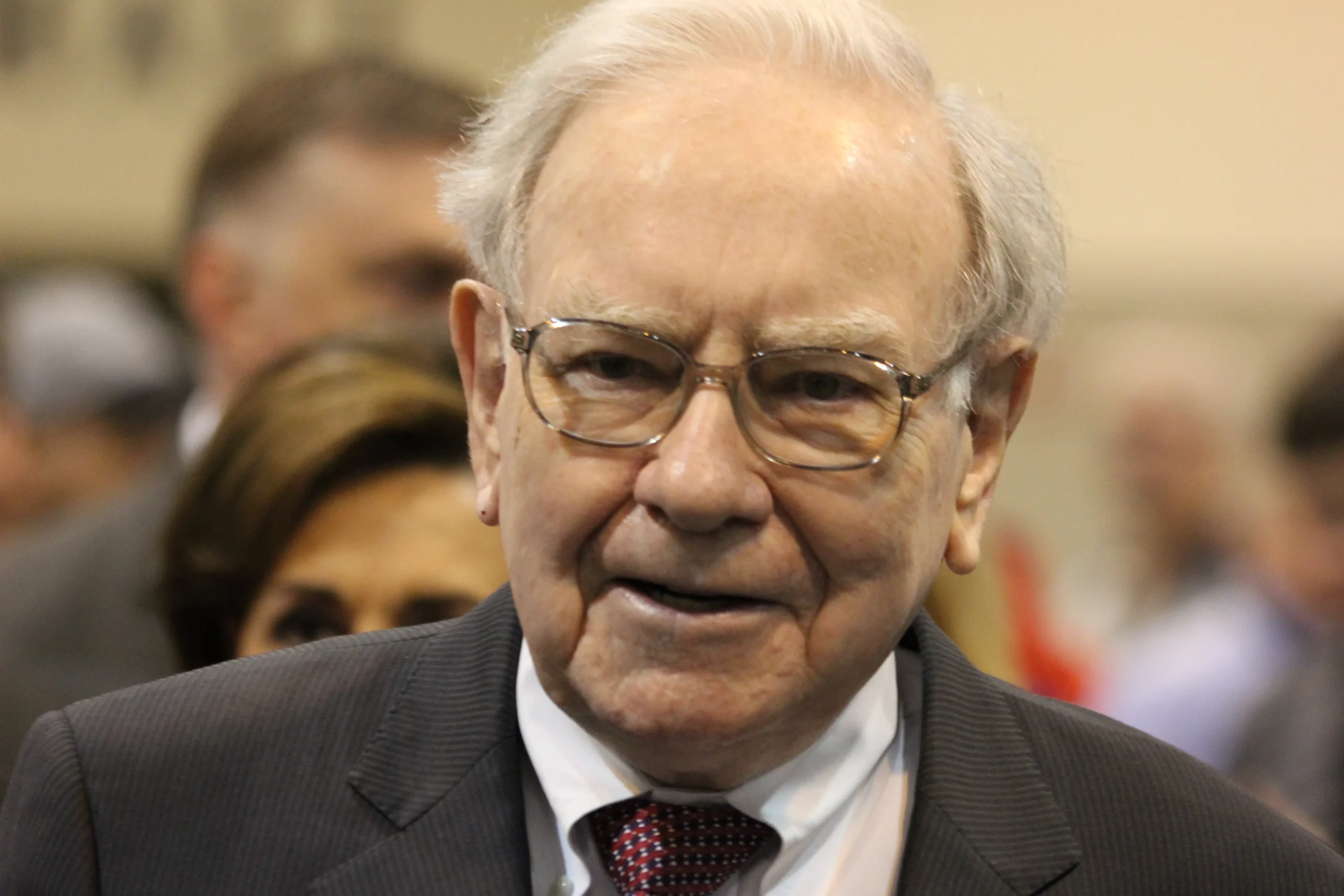Buffett is known for his ability to time investment decisions wisely, often going against the crowd. He famously advises his team to “be fearful when others are greedy and greedy only when others are fearful.” With the S&P 500 reaching record highs and on track for a 22% gain this year, analyzing Buffett’s recent actions offers valuable insights for investors.
Are Stocks Becoming Expensive?
As the S&P 500 has surged, it has also seen a corresponding rise in valuations, raising concerns that stocks may be getting expensive. This scenario poses a potential warning signal for value investors like Buffett, whose strategy revolves around buying stocks when they trade below their intrinsic value. Buffett aims to acquire stocks at reasonable or discounted prices, allowing him to hold onto them for the long term and benefit as the market recognizes their true value.
Currently, the Shiller CAPE ratio for the S&P 500—an inflation-adjusted measure of price relative to earnings over the past 10 years—indicates that stocks are nearing their highest levels on record. This marks only the third instance since the inception of the S&P 500 in the late 1950s that the CAPE ratio has exceeded 35, suggesting an overheated market.
Buffett’s Recent Moves
Against this backdrop, Buffett has not been actively buying shares in recent quarters. In the second quarter, he made only two new investments— in Ulta Beauty and HEICO—while significantly reducing his stake in one of his long-time favorites, Apple. After cutting his Apple stake by 13% in the first quarter, Buffett sold 49% of his remaining shares in the tech giant.
Additionally, Berkshire Hathaway has also repurchased $2.9 billion worth of its own shares in the first half of the year. While this may seem like a substantial move, share buybacks have notably slowed down compared to the significant increases seen in 2020 and 2021.
Is Buffett Concerned About the Market?
Buffett’s decision to sell a portion of his stake in Apple and the slowdown in share buybacks could indicate a cautious outlook for Wall Street. Is he bracing for a potential market downturn in the coming months? There is a possibility he may be anticipating a correction, especially considering his recent shareholder letter, in which he commented that the market has begun to exhibit “casino-like behavior.”
However, such moves do not necessarily imply a shift away from his favorite companies or a lack of confidence in the market. Earlier this year, Buffett mentioned expectations of rising capital gains taxes, suggesting that the sale of Apple stock might have been a strategic decision to lock in profits at the current tax rate. Apple remains the largest position in Berkshire Hathaway’s portfolio.
Regarding the stock buyback levels, Buffett emphasized in his latest letter that these purchases are “100% discretionary.” He reassured shareholders that Berkshire is built for the long haul, indicating that any decrease in buybacks does not stem from a lack of faith in the company or the market’s future.
A Long-Term Perspective
It’s crucial to view Berkshire Hathaway’s regular investments at any level as a positive sign of long-term confidence in its portfolio and the overall market. Buffett’s investment strategy is rooted in a long-term outlook, focusing on selecting quality companies and holding them for years, regardless of market fluctuations.
In essence, rather than signaling a warning for Wall Street, Buffett’s latest actions reveal a steadfast belief in quality companies and the market’s potential over time. As always, his ability to navigate complex market conditions continues to offer valuable lessons for investors at all levels.

